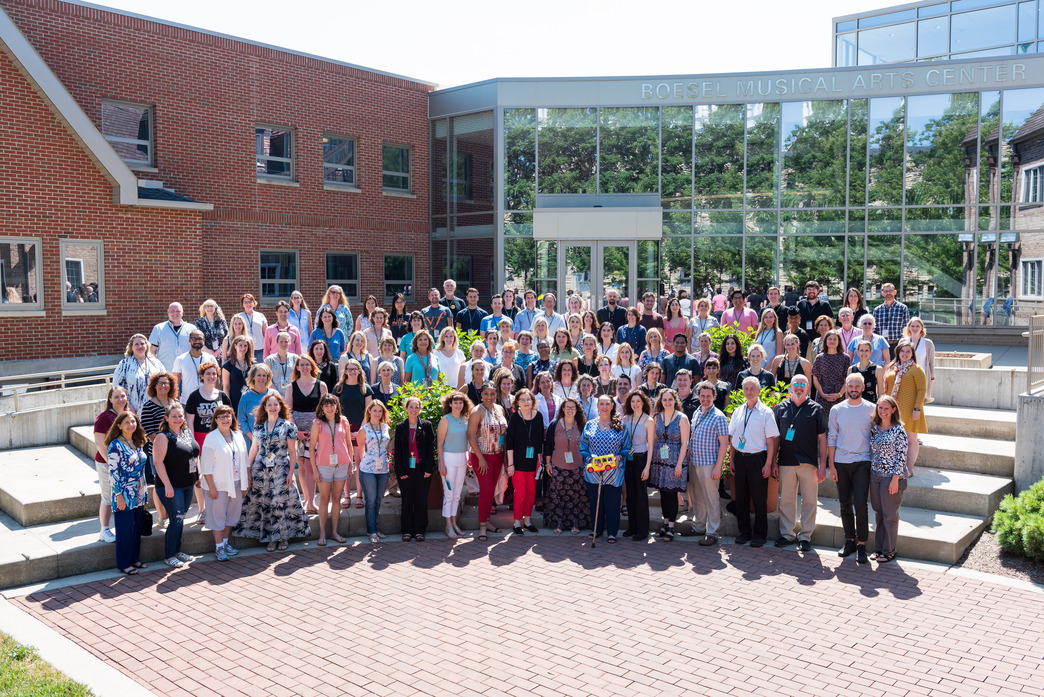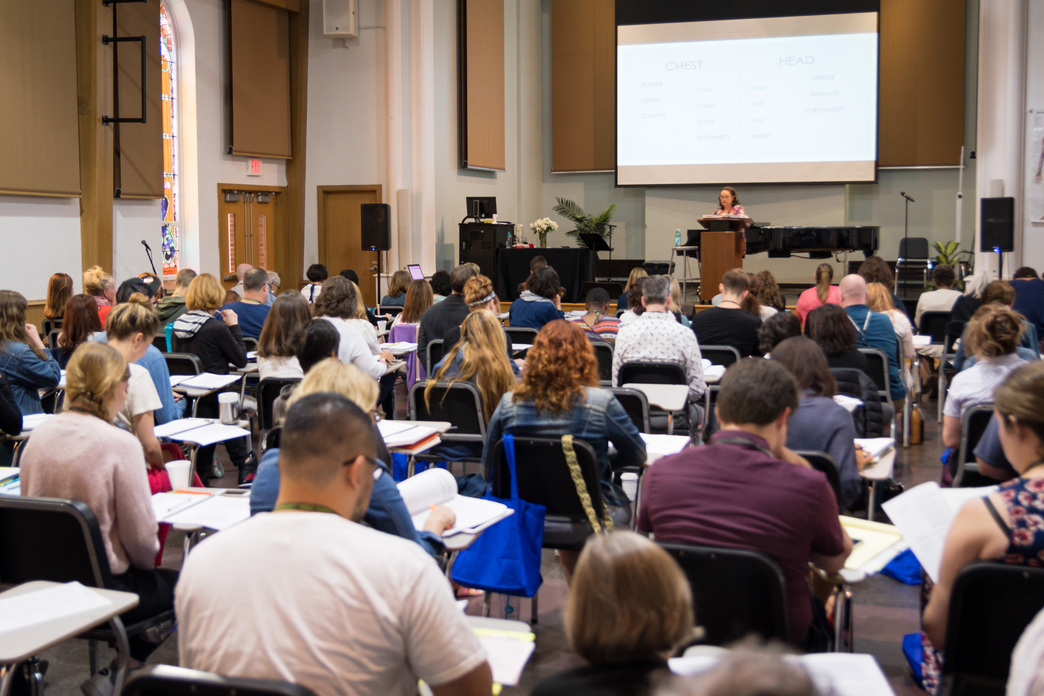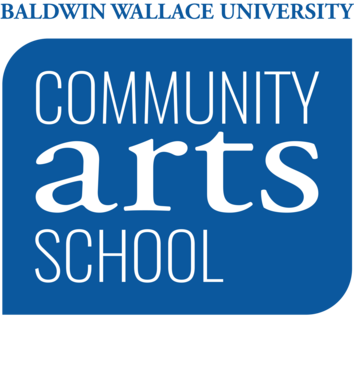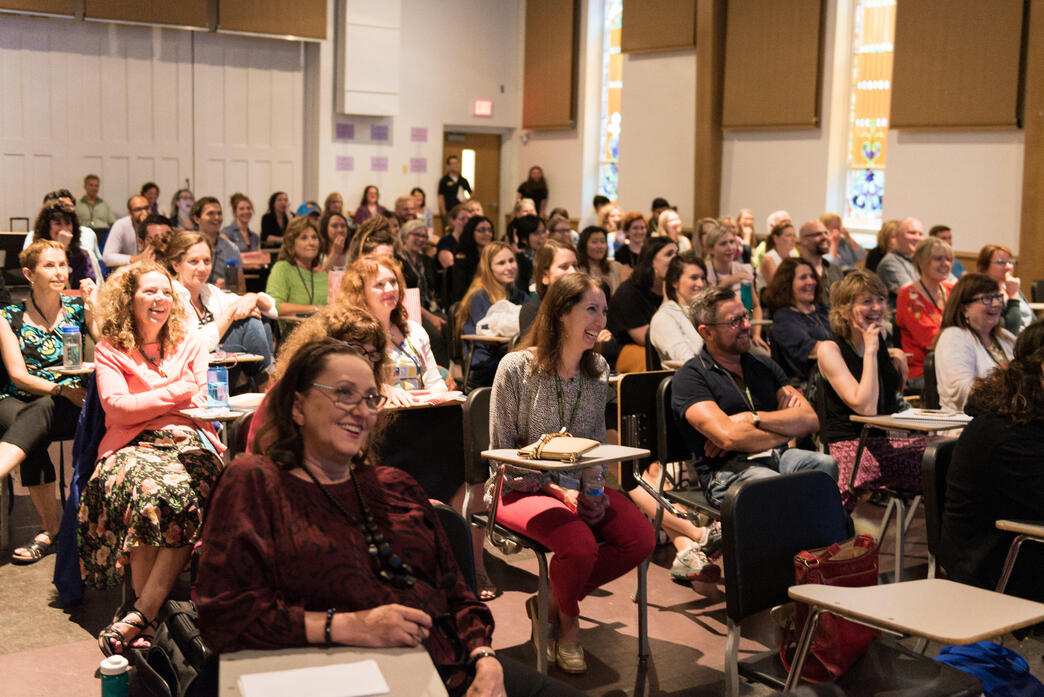About the LoVetri Institute for Somatic Voicework™
The LoVetri Institute for Somatic Voicework™ is offered exclusively in partnership with Baldwin Wallace University.
Learn more:
LoVetri Institute for Somatic Voicework™
Summer 2024 Session

Advanced Courses for Graduates of Level III in 2023 or Earlier
Working with Transgender or Gender Non-Binary Voices: July 13-15
When Science Meets Soul: Level I - Introduction to Soul Ingredients®: July 13-15
When Science Meets Soul: Level II - Developing the Artist: July 16-18
Vocal Health Intensive for Singing Teachers: July 19 & 20
The Summer 2024 session of the LoVetri Institute will be held in person at Baldwin Wallace University near Cleveland Ohio. Participants must complete each level before proceeding to the next, and advanced programs are available only to graduates of Levels I - III.
Daily Schedules
Class times for all courses* will run from 9:00 a.m. to 8:30 p.m. each day with breaks for lunch and dinner.
*with the exception of Level III, which will end by 2 p.m. on July 21 & Vocal Health Intensive for Singing Teachers which will end mid-afternoon on July 20; participants will have the option to stay for the remaining sessions of Level III through July 21 at 2 p.m.
Tuition
$475.00 - Course tuition for each Level and all Advanced Courses
Participants who are re-taking a Level or Advanced Course qualify for a Re-Certification discounted course tuition of $400.00.
Payment Plans - Limited automatic payment installments are available with credit card through the online registration.

Travel, Housing and Meal Plan
The LoVetri Institute will be held at:
Boesel Musical Arts Center, Baldwin Wallace University
49 Seminary Street
Berea, OH 44017
Traveling by Air: Cleveland Hopkins International Airport (CLE) is located 3 miles from campus. Ground transportation to campus is available at the airport.
Traveling by Car: Free parking is available on campus.
On-Campus Housing
On-campus housing is available on a first-come, first-served basis in our new or recently renovated dorm spaces. Housing is suite-style with a single sleeping room connected to a small shared living space and a shared bathroom for up to 3 people.
Off-Campus Housing
Local, off-campus accommodations are available at Home2 Suites, Middleburg Heights, Ohio with a limited Institute room block rate of $159.00+ tax. Home2 Suites offers free breakfast, and the Institute will offer a shuttle service to the Institute in the morning and back to the hotel in the evening. The hotel is located 2 miles from campus, approximately a 10-minute drive.
To reserve your room, call 440.403.9793 and dial zero. Be sure to ask for the LoVetri Institute group rate. Or visit https://www.hilton.com/en/hotels/clemiht-home2-suites-middleburg-heights-cleveland/, select the dates, click on Special Rates and enter in LVI for the Group Code.
The Institute rate will expire on May 1, 2024.
Meal Plan
Attendees may purchase a meal plan for a lunch & dinner buffet in the University dining room. Vegetarian/vegan, dairy, and gluten-free options are available.
Meal plan daily rate is $35 and can be reserved online with your Institute registration. A few local restaurants are also available and within walking distance from the Conservatory.
Re-Certification
Additional Information
Graduate Credits
Graduate level credits are available for degreed music educators teaching in the United States through Baldwin Wallace University School of Education for this course. One credit is available for LoVetri Institute for Somatic Voicework™ Levels I, II & III and Soul ingredients® Levels I & II, each with an additional fee of $208.00.
Registration for graduate credit can be added to your regular attendance fees when you register online.
Scholarship Donations


